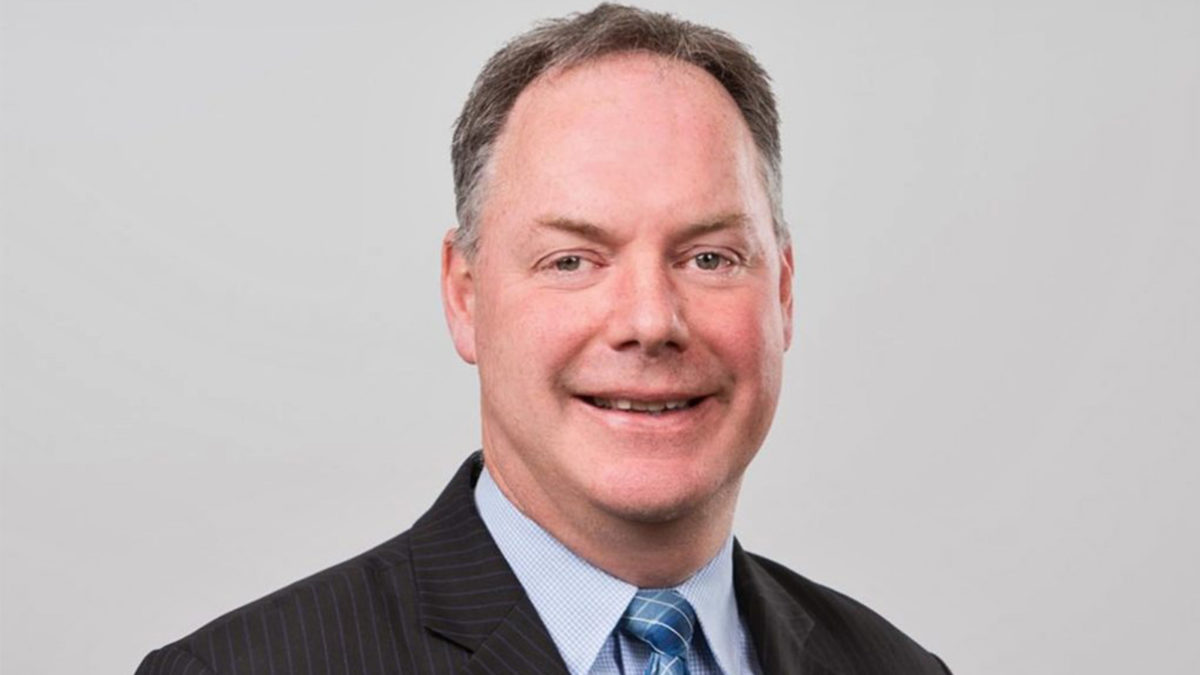Illiquid assets top fund performance driver in tough 2022
Allocation to illiquid assets was “the most significant factor” contributing to absolute super fund performance in 2022, according to analysis from Frontier Advisors. Unlisted infrastructure, unlisted property and cash offered positive returns (at nine, seven and one per cent respectively) while liquid assets classes were almost as a rule negative; Australian equities gave a negative two per cent return and international equities (hedged) crashed 18 per cent.
“Although the valuation of unlisted assets are frequently criticised having shallower or no drawdowns in down markets, these assets are generally held longer term and often large, lumpy and illiquid and tend to be correlated with listed markets over the longer term despite short term differences,” says the Frontier report, penned by consultants David Carruthers (pictured) and Dan Leslie.
Frontier’s data shows that for the one year period to December 31 2022, the top 10 funds were Perpetual Wealthfocus – Perpetual Balanced Growth (1.65 per cent); First Super Balanced (0.08 per cent); CareSuper Balanced (-2.00); Brighter Super Accumulation – Balanced (-2.17); Qantas Super Gateway – Growth (-2.22); Hostplus Balanced (-2.48); ART Balanced (-2.56); Mercer Select Growth (-3.38); Plum – pre-mixed moderate (-3.57); and ESSSuper Basic Growth (-3.64). The median balanced fund in SuperRatings data was down -4.76 per cent.
But only three of the top 10 funds over 10 years placed in the ranking for 2022 (Hostplus, CareSuper and ART), and AustralianSuper is the only fund that “stands alone” in terms of performance consistency in the Frontier analysis, outperforming the average fund in each of the last 10 financial years.
“Somewhat unsurprisingly, given their younger membership demographic and subsequent higher allocation to growth assets, Hostplus has mostly appeared near the top or the bottom, in individual years – much more frequently in the former,” the report says.
“Most of these funds have had two or more years when their performance in a year has been below average. Only four funds have had at least one year when their return ranked them in the bottom quartile of peers. The lesson from this analysis is that a single year of good performance does not necessarily result in good long-term performance. Similarly, a couple of underperforming years across a decade does not necessarily translate to poor longer-term returns.”
Frontier also examined the actual performance of MySuper options against their Your Future Your Super (YFYS) performance test, finding that – “as expected” – funds that have better long-term performance usually have better test outcomes. However, several funds had anomalous outcomes; two funds both returned 6.3 per cent per annum over eight years, but one fund outperformed the test by 0.6 per cent and the other failed by the same margin.
“Warren Buffett, despite being considered one of the world’s most successful investors, would likely fail the APRA test due to underperformance compared to the S&P 500 Index,” the report says. “Although this is against one asset class and is a hypothetical, this questions the value of a test that would declare such a successful investor a failure.”
“Basing an assessment of a fund on one year of good performance has limitations… the level of risk and the underlying asset allocations will affect each funds’ ranking in any individual year. Basing an assessment on longer-term performance has more appeal. However, care is needed to differentiate between those funds which have done well in the past and those funds which may do well in the future.”
Frontier instead advocates for a more “robust assessment” across a wider range of factors, including investment performance measured across multiple time periods, with a risk overlay; fees, and analysis of where costs are increasing; cashflow position; governance; and other qualitative factors, including member services.











